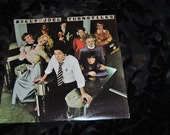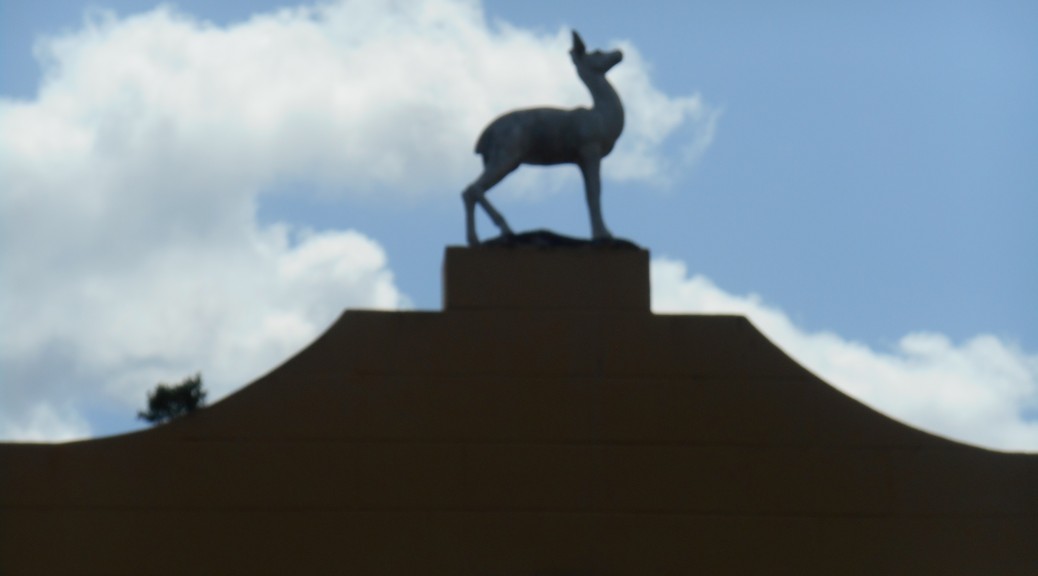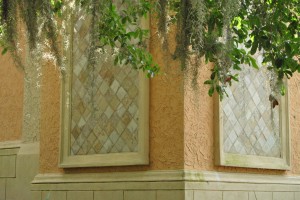Yesterday was just work—oh and remind me to Tell you about Loch Lomond (the sang I’m using to title the blog this week). See that Sea World is putting in a 200′ rollercoaster…no thanks…
Let’s drink to our next meeting, lads,
Nor think on what’s atwixt;
They’re fools wha spoil the present hour
By thinking on the next.
Lets Drink Till Our Next Meeting—Traditional Scottish Drinking song
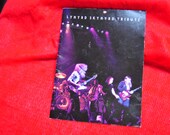

OUTLANDER: where the woman wears the pants. http://www.ibtimes.com/outlander-season-1-finale-promo-videos-reveal-how-cows-will-be-used-jamies-escape-1936520
Years have roll’d on, Lochnagar, since I left you!
Years must elapse ere I tread you again.
Though nature of verdure and flow’rs has bereft you,
Yet still are you dearer than Albion’s plain.
England, thy beauties are tame and domestic
To one who has roamed over mountains afar
Oh! for the crags that are wild and majestic,
The steep frowning glories of dark Lochnagar.
Traditional Scottish Songs
– Lochnagar
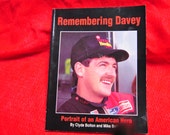
Continuing on with Scotland and the background that might make the show a bit more understandable.
Today it’s basic history 101.
Farewell to the Highlands, farewell to the North,
The birth-place of Valour, the country of worth!
Wherever I wander, wherever I rove,
The hills of the Highlands for ever I love.
Farewell to the Highlands, Traditional Scottish Song
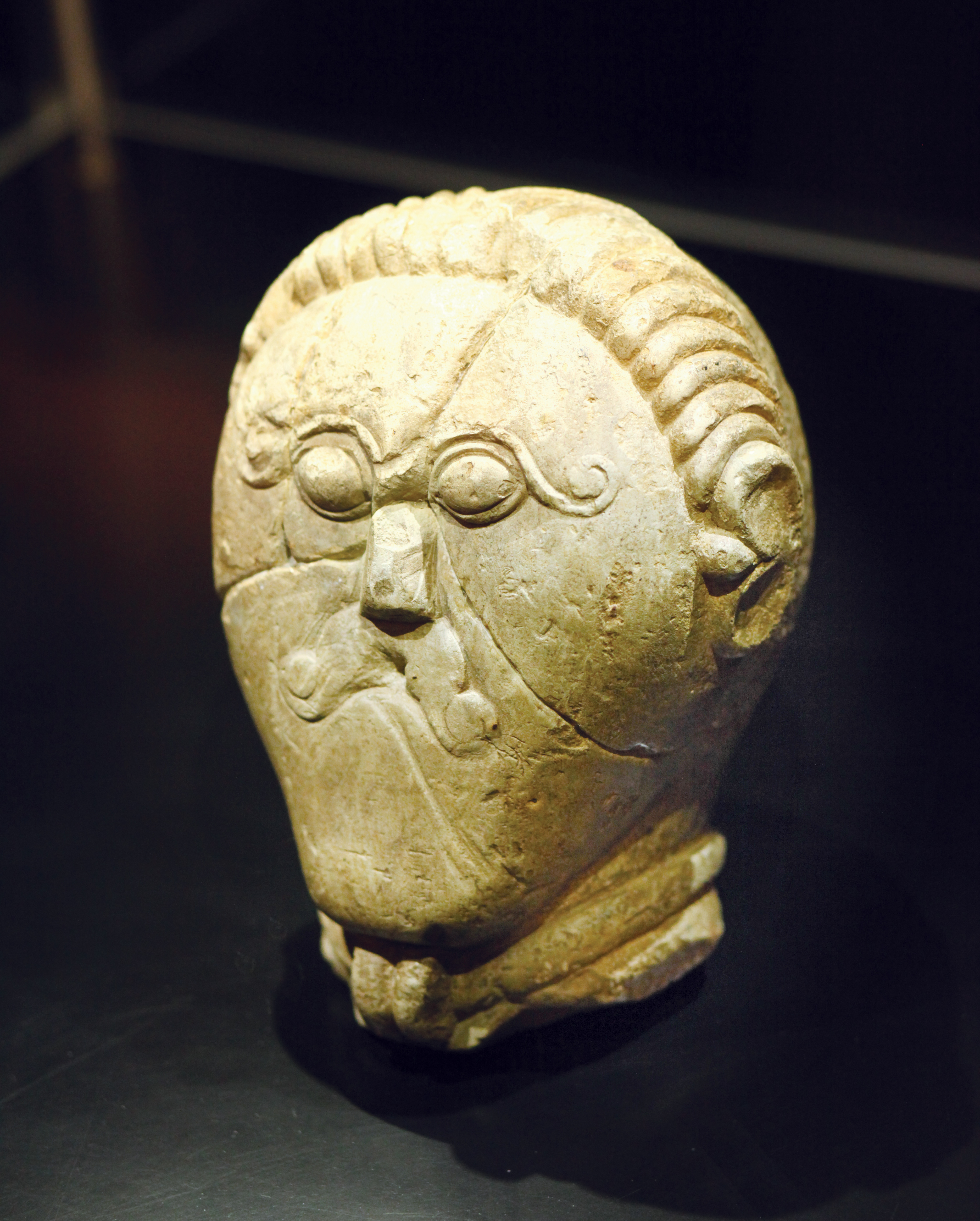
Britain has been populated for thousands of years with indigenous peoples that we know minimal about. Popular history has placed the introduction of the Celts sometime in the Iron Age (I will not get into the fact that the most recent studies both deny they were Celts and feel that their movement into the isle was in minimal numbers.)
No sky shines so bright as the sky that is spread
O’er the land that gave birth to the first breath we drew —
Such radiance but lives in the eye of the maid
That is dear to our heart — to our heart ever true.
To Our Own Land and Loved One

We do know (for sure) that the Romans finally got around to invading in 43 AD. And while they remind on the Isle until the 5th century their occupation here was much less of a presence than in most of their other conquered countries. There are Roman baths and villa scattered about what is England now itself but these were apparently built by Romanized Brits themselves. A BBC article estimated that by AD 300, almost every one in Britannia was Roman by legal means and culturally by adapting the Romans building, legal and other traits but the language was “Celtic” http://www.bbc.co.uk/history/ancient/british_prehistory/peoples_01.shtml
I ‘ve loved thee, old Scotia, and love thee I will,
Till the heart that now beats in my bosom is still.
My forefathers loved thee, for often they drew
Their dirks in defence of thy banners of blue;
Though murky thy glens, where the wolf prowl’d of yore,
And craggy thy mountains, where cataracts roar,
The race of old Albyn, when danger was nigh,
For thee stood resolved still to conquer or die.
Old Scotia

Only Britian (including Cornwall and Wales) came under the Roman heel while Ireland and Scotland did not. Coalitions of tribes in northern Scotland (collectively called the Picts) though loosing battles managed to win the war–and the Romans built a wall many miles across to keep them on their side of the border. The Picts eventually disappear from history and there is much debate as to their departure. I am much into the fact that they just got mixed in with the lowland Scots and their genes wanders thought the genetic make up of many a Scot especially those of Highland distinction such as James Alexander Malcom McKenzie Fraser http://www.bbc.co.uk/history/ancient/british_prehistory/peoples_01.shtml
It’s ower the moss and doon yon glen,
And ower the bonnie blooming heather,
Nicht or day he bears the gree,
The bonnie lad o’ Gala Water;
Braw, braw lad.
Braw La o’ Gala Water
 Shortly after the Romans took their leave the Saxons moved in to take their place. These again were assorted clans with a convenient label. There has been much speculation about how they started, the favorite one being some of them being hired as mercenaries (successfully defeating the Scottish Picts) and deciding to fight against their former employers for the rich lands of the island. By the way it is in the early days of Anglo-Saxon (barbaric Germanic tribes whose language gave birth to modern English) invasions that historians places King (more likely war lord) Arthur. With their pagan, uneducated ways they destroyed the Roman influence and brought Britain into the Dark Ages. And while some of the southern part of Scotland were acquired by the invaders (not until 7th century), the country as a whole remained independent. They remained in power till the 9th century.
Shortly after the Romans took their leave the Saxons moved in to take their place. These again were assorted clans with a convenient label. There has been much speculation about how they started, the favorite one being some of them being hired as mercenaries (successfully defeating the Scottish Picts) and deciding to fight against their former employers for the rich lands of the island. By the way it is in the early days of Anglo-Saxon (barbaric Germanic tribes whose language gave birth to modern English) invasions that historians places King (more likely war lord) Arthur. With their pagan, uneducated ways they destroyed the Roman influence and brought Britain into the Dark Ages. And while some of the southern part of Scotland were acquired by the invaders (not until 7th century), the country as a whole remained independent. They remained in power till the 9th century.
Come let us climb auld Arthur Seat,
When summer flow’rs are blooming;
When golden broom and heather bells
Are a’ the air perfuming.
When sweet May gowans deck the braes,
The hours flee past fu’ cheerie,
Where bonnie lassies bleach their claes
Beside the Wells o’ Wearie!
Bonnie Wells o’ Wearie

With invasion came the Christian Monk introduced in Roman times and then pushed out by the pagan Germanic tribes but this would change by the end of the 6th century when St. Augustine came to Britain and converted King Offa (who’s Frankish wife was already of the Church of Rome.) While popular in the main lands of Britain, it didn’t do as well in strong Celtic area like Wales, Scotland and Ireland where there was a fusion of traditions and beliefs often at odds with the main Church. These areas have been credited with keeping scholarship and learning alive through the dark ages.
Ae morn of May, when fields were gay,
Serene and charming was the weather,
I chanced to roam some miles frae home,
Far o’er yon muir, amang the heather.
O’er the muir amang the heather,
O’er the muir amang the heather,
How healthsome ’tis to range the muirs,
And brush the dew from vernal heather.
O’er The Muir

But by the middle to late 8th Century the English rulers (still the old Saxon strain but much removed from their early beginnings) were to experience another invader–the Vikings, traders, raiders and inventor of the word Berserk. In the final decade of the 8th century, Norse raiders attacked a series of Christian monasteries located in Britain. This started in 793, with an attack on the monastery at Linddisfarne (east coast of Britian) and Scotland’s first raid was 2 years later and on the Iona Abbey. By 876 they had captured and controlled York in northern England colonizing the area that became known as Daneslaw. This continued with several islands including the Orkney’s being held by the invaders. There were eventually two kingdoms one Saxon rule and one Viking and another invasion also by Vikings in 996 AD. This Viking presence accounts for Jamie Frasier’s red hair along with a lot of other Scots or those of Scot descent like my grandmother and brother. By the way the Scots remained free and their first king Kenneth mac Alpin was crowned in 841. Encyclopedia of Royal Britain Phillips
‘O happy be the woodbine bower,
Nae nightly bogle make it erie!
Nor ever sorrow stain the hour,
The place and time I met my dearie!
Her head upon my throbbing breast,
She, sinking said: “I’m thine for ever!”
While monie a kiss the seal imprest –
The sacred vow we ne’er should sever.’
By Allen Stream
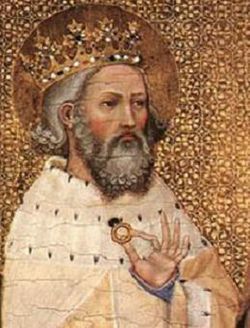
By the 11th century the England was under the rule of one king again Edward the Confessor (1042 – 1066) who died without an heir and became at saint (not for that reason, having no heir was gonna result in a serious and last invasion). His body is buried in Westminster Abbey in a locked area which you can see if you take the tour. During this time Scotland had 4 kings including Macbeth (1040-1047) made famous by Shakespeare. All the kings of Scotland up thru this time were of Celtic descent. Kings & Queens: The Concise Guide Cavendish
I hear the pibroch sounding, sounding
Deep o’er the mountain and glen
While light springing footsteps
Are trampling the heath
March of Cameron Men

For historical novels about the Celts try http://www.historicalnovels.info/Medieval-Celts.html
From Beauly’s wild and woodland glens,
How proudly Lovat’s banners soar!
How fierce the plaided Highland clans
Rush onward with the broad claymore!
Those hearts that high with honour heave,
The volleying thunder there laid low;
Or scatter’d like the forest leaves,
When wintry winds begin to blow!
Culloden
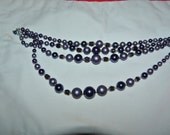
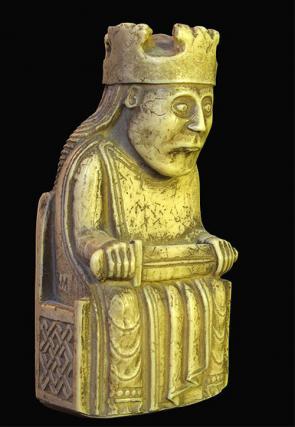
Fareweel, fareweel my native hame,
Thy lonely glens an’ heath-clad mountains,
Fareweel thy fields o’ storied fame,
Thy leafy shaws an’ sparkling fountains,
Nae mair I’ll climb the Pentland’s steep,
Nor wander by the Esk’s clear river,
I seek a hame far o’er the deep,
My native land, fareweel forever.
Scottish Emigrant’s Farewell
